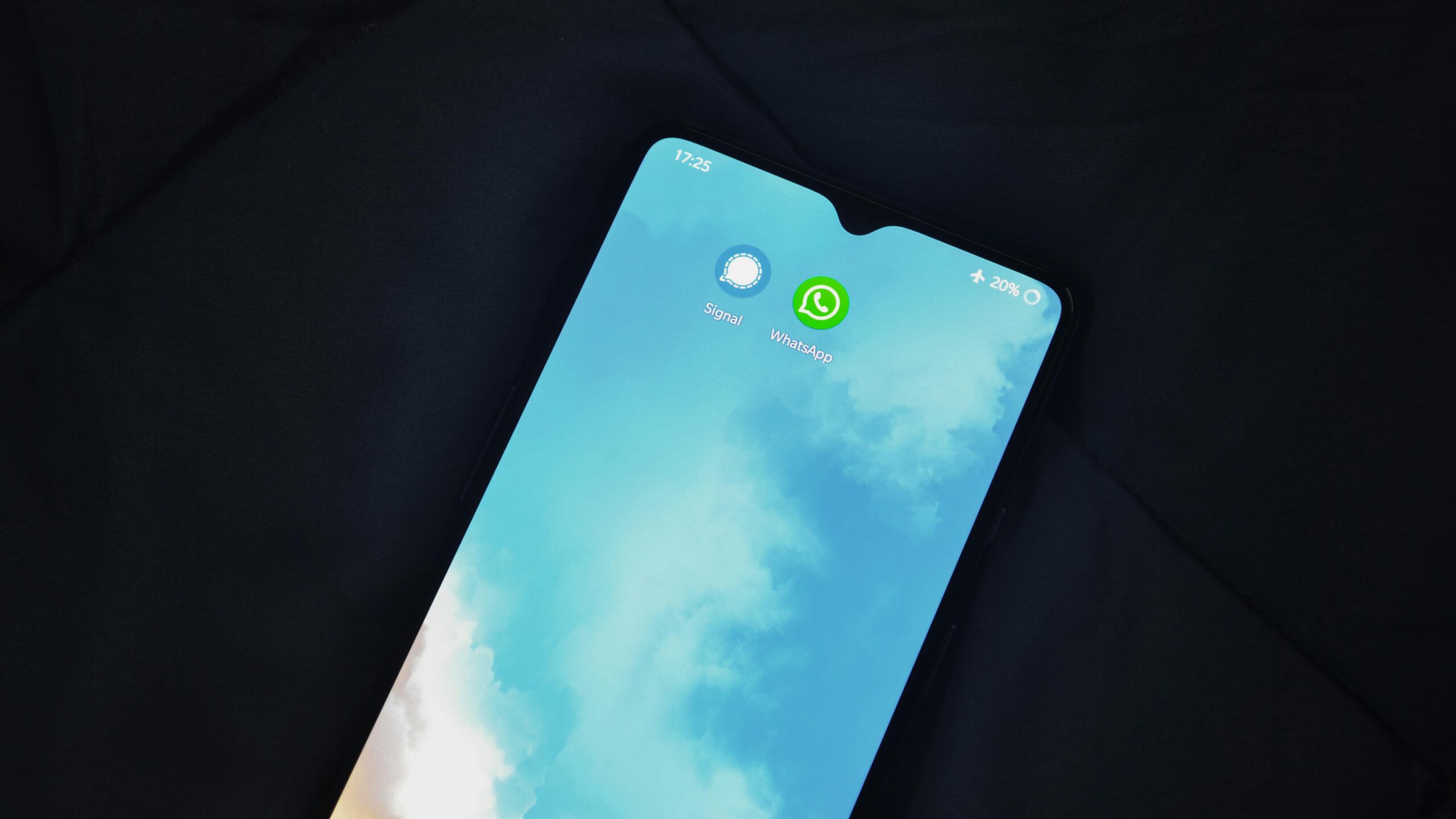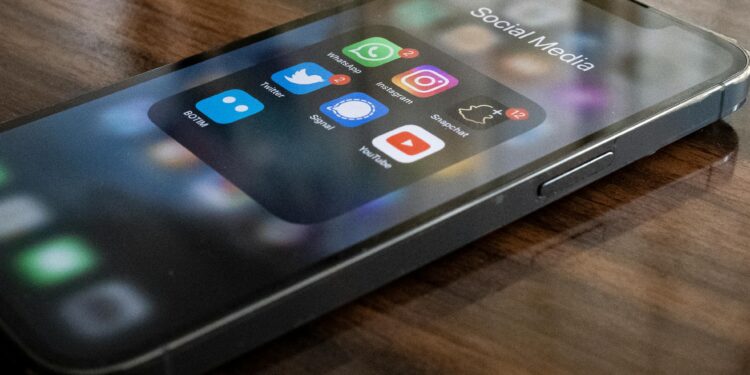A major security lapse occurred when classified US military plans against Houthi rebels were accidentally shared with an Atlantic journalist via an 18-member Signal group chat. The White House confirmed the authenticity of the leaked messages, which contained sensitive operational details.
Security analysts identified three critical violations:
- Use of unsecured messaging apps for classified discussions
- Failure to verify group chat participants
- Potential Espionage Act violations through mishandling of national security information

While Signal’s end-to-end encryption makes it more secure than standard texting, its adoption by US officials creates new vulnerabilities such as open-source code allowing vulnerability checks, state-sponsored hackers (including Russian operatives) actively targeting chats etc.
John Wheeler, a Cybersecurity Consultant has said “Using Signal for sensitive communications is like discussing nuclear codes at a coffee shop.”
Signal’s Three Fatal Security Lapses
Signal’s security failed on these 3 accounts:
1. Broken Protocol: SCIFs were ignored even though Federal law requires classified discussions to occur in sensitive Compartmented Information Facilities (SCIFs) and JWICS/SIPR networks (secure government systems)
2. Disappearing Messages equaling Lost Records:
Messages set to auto-delete may violate the Presidential Records Act and Federal Records Act.
3. Eroded Global Trust:
The US Allies are now questioning if the US protect shared intelligence? and whether Congress will investigate the matter.

















